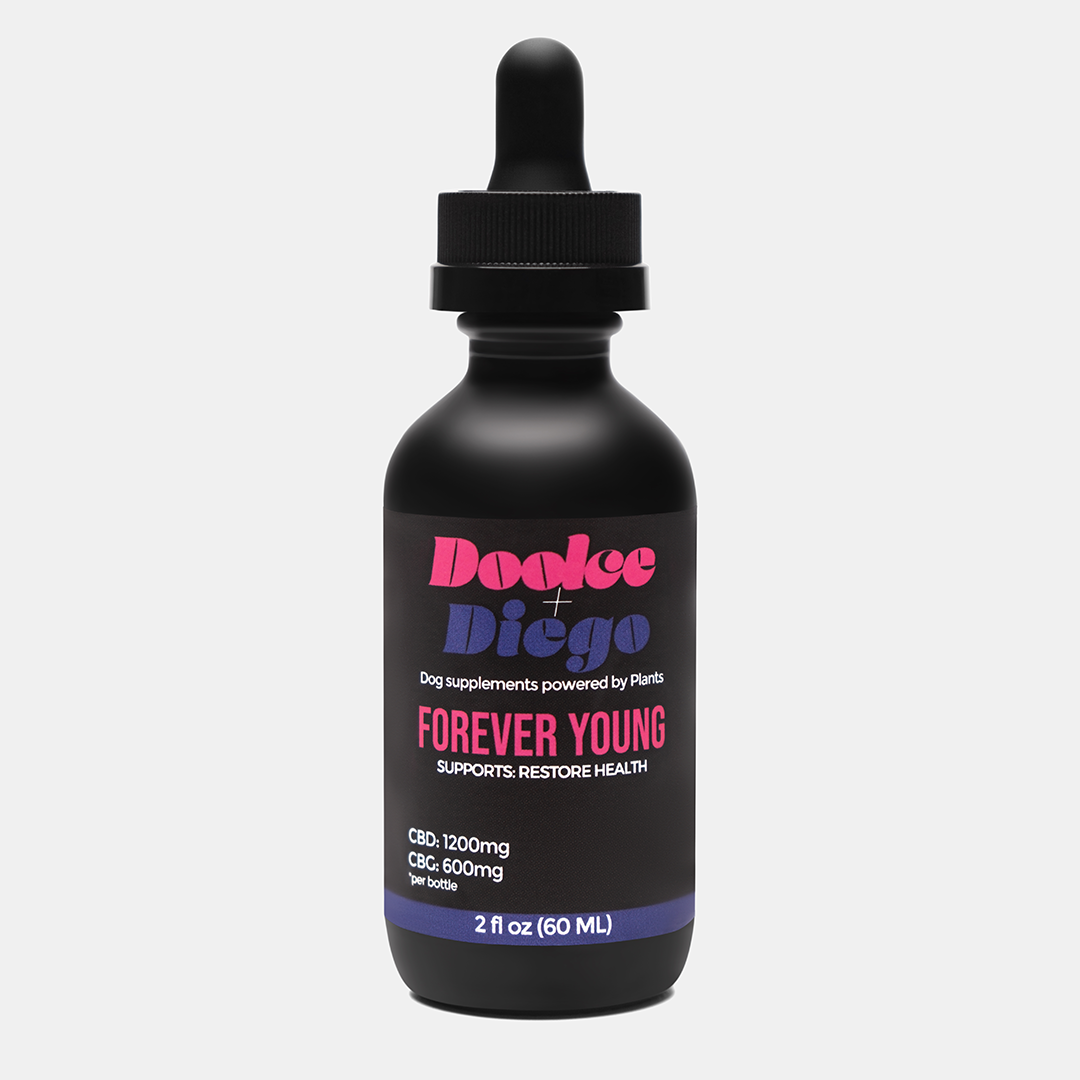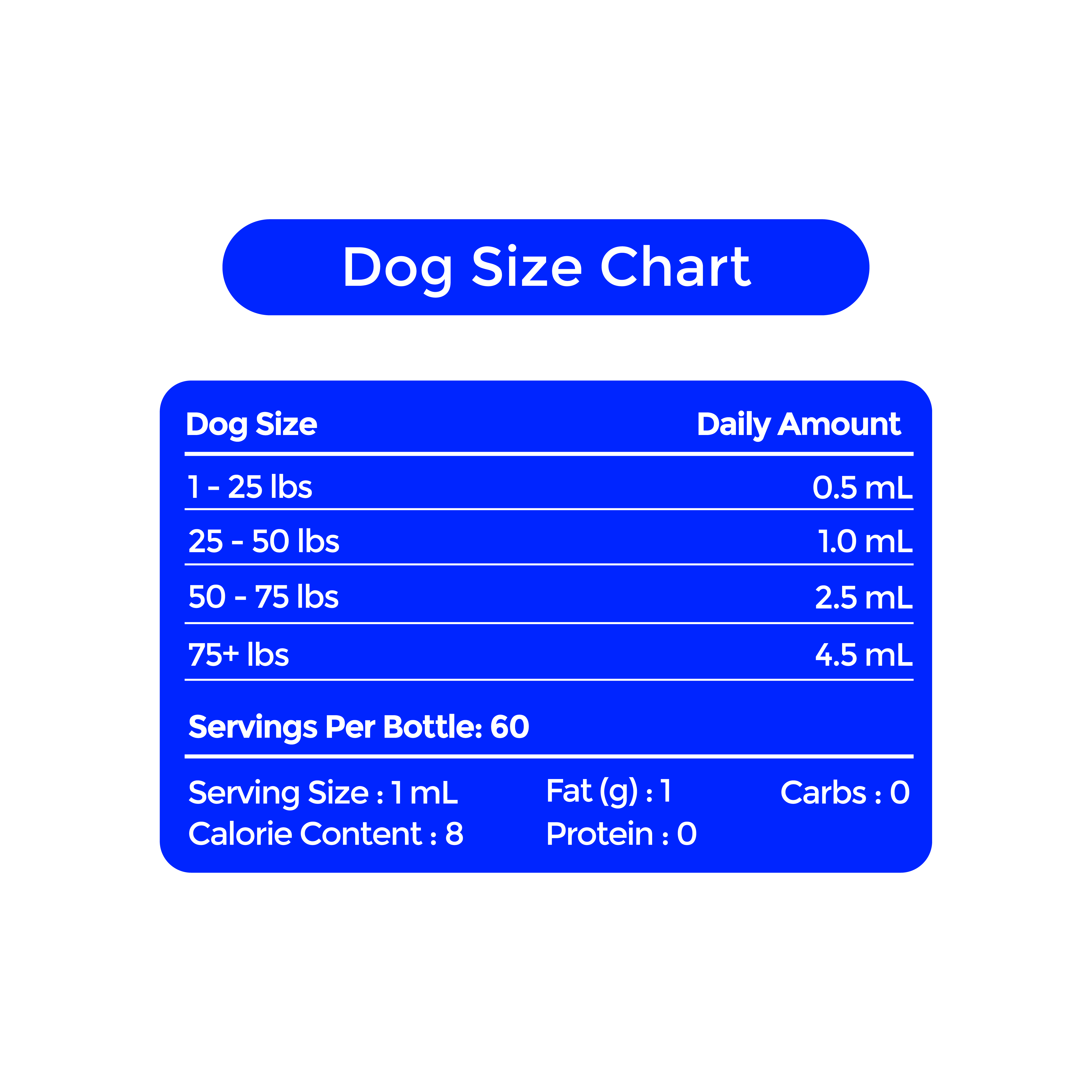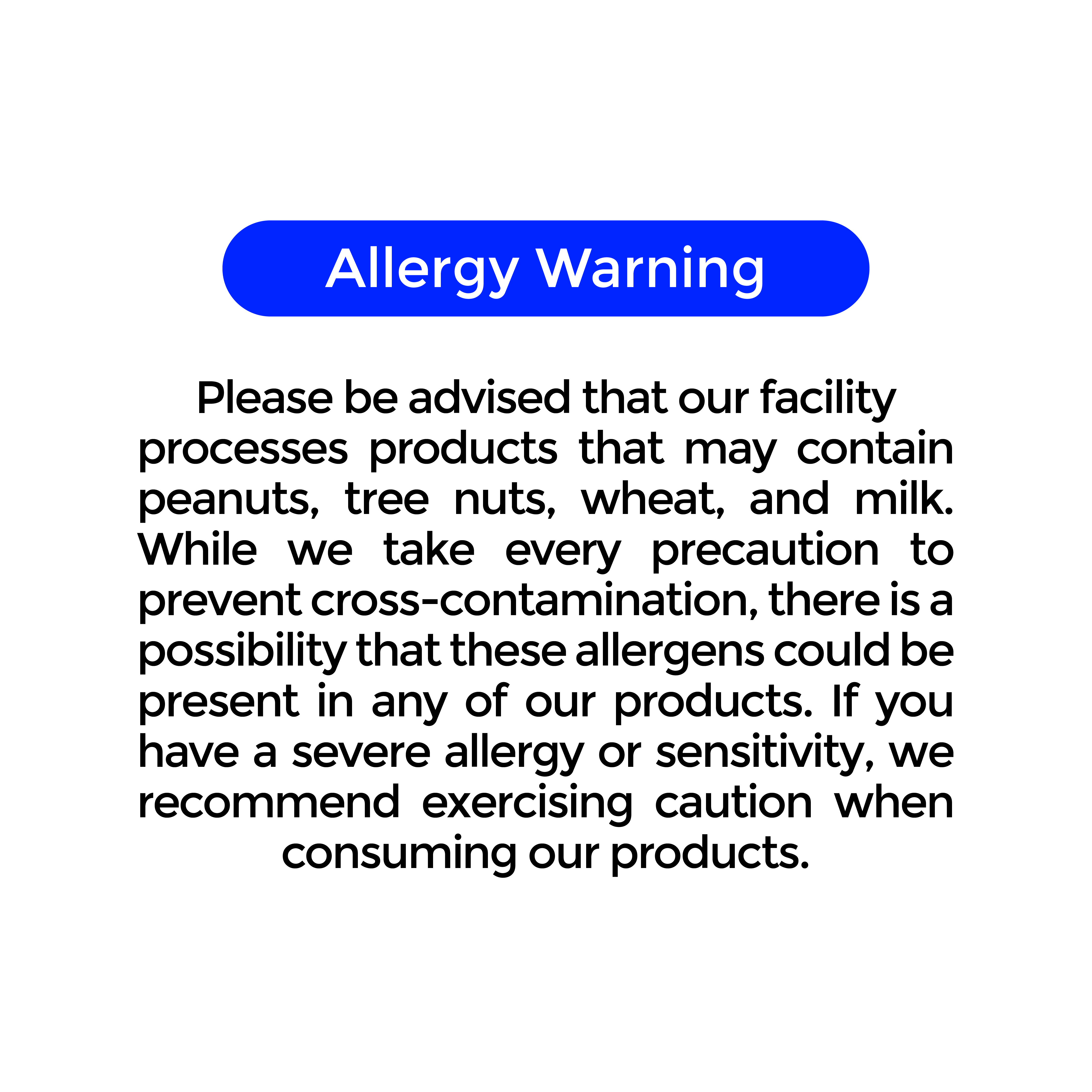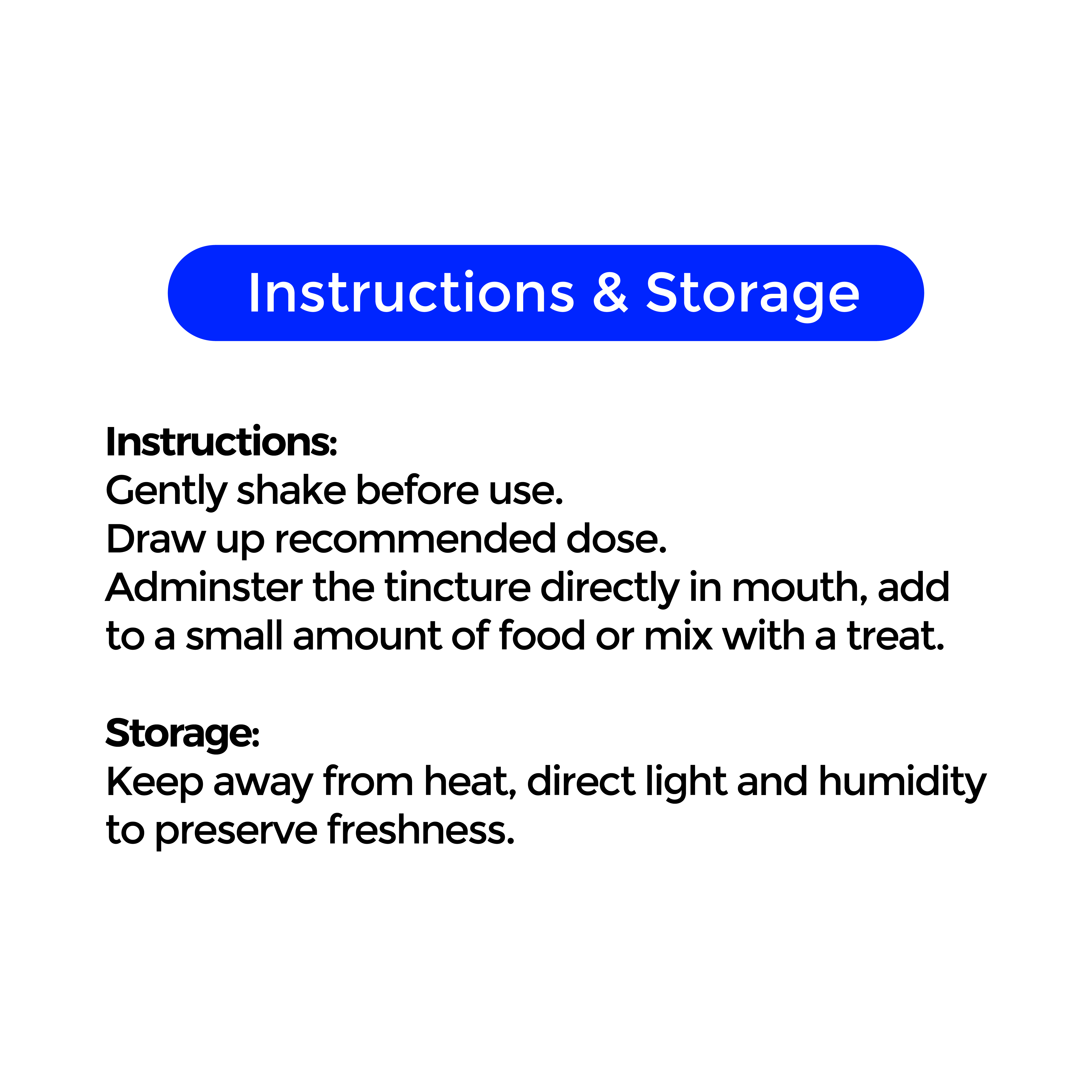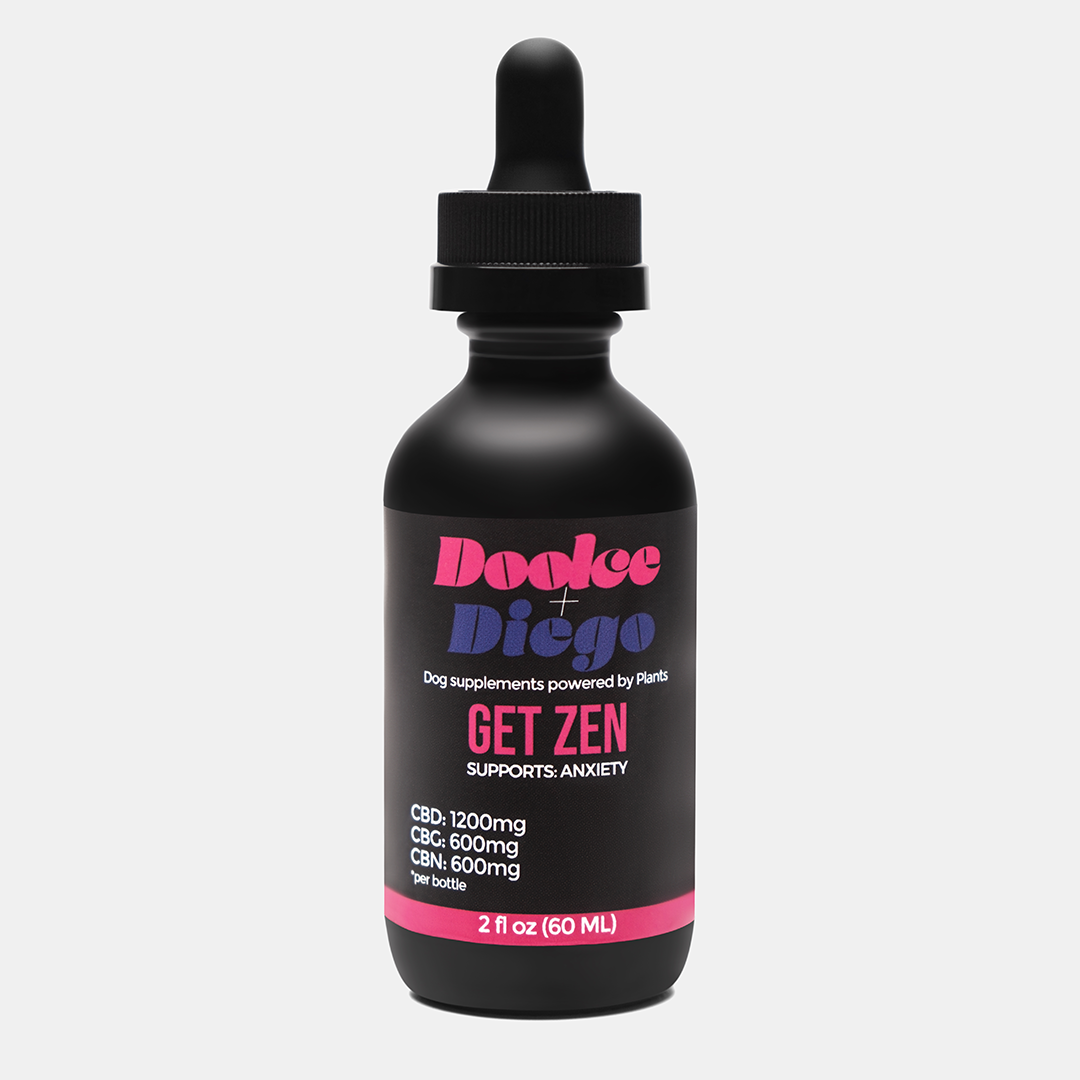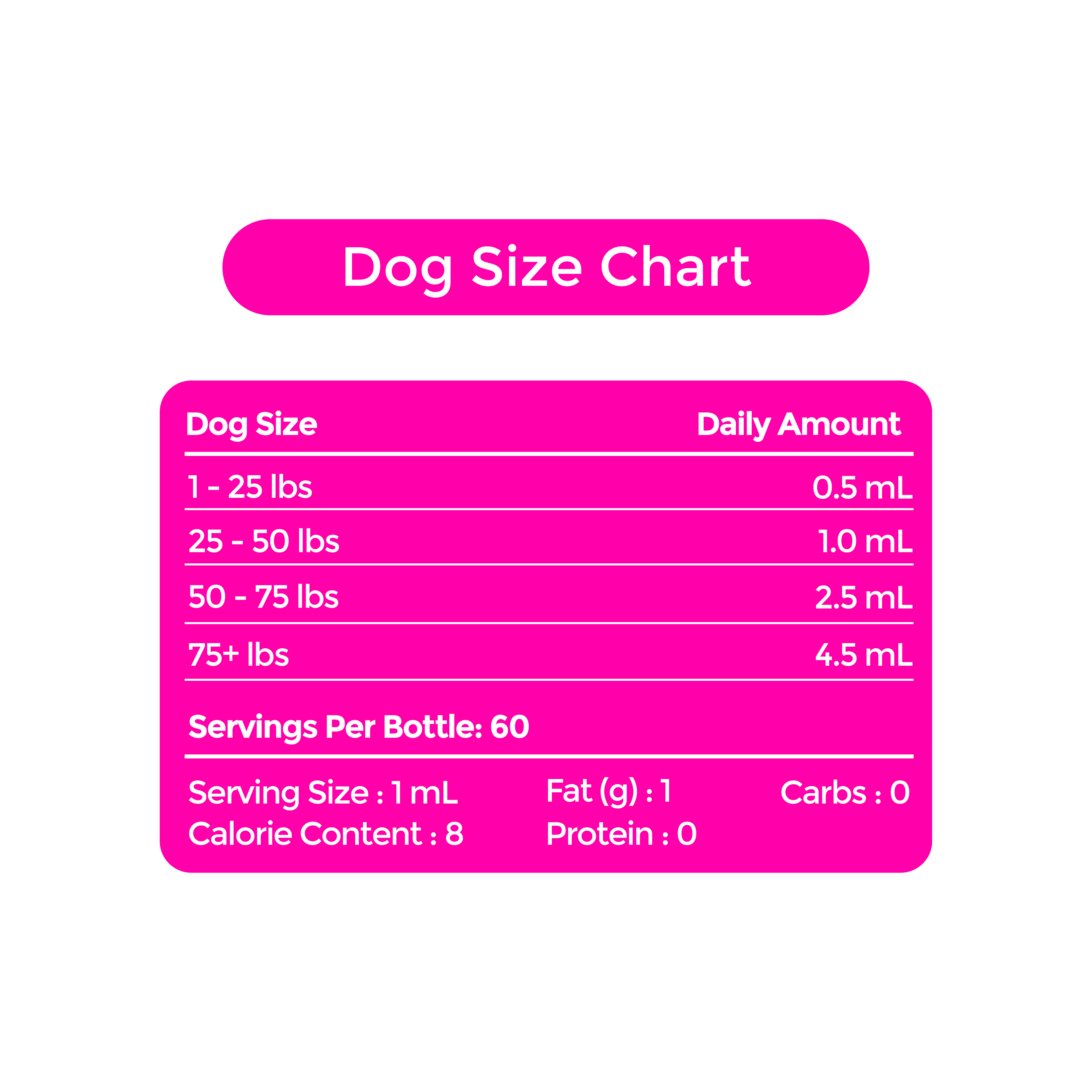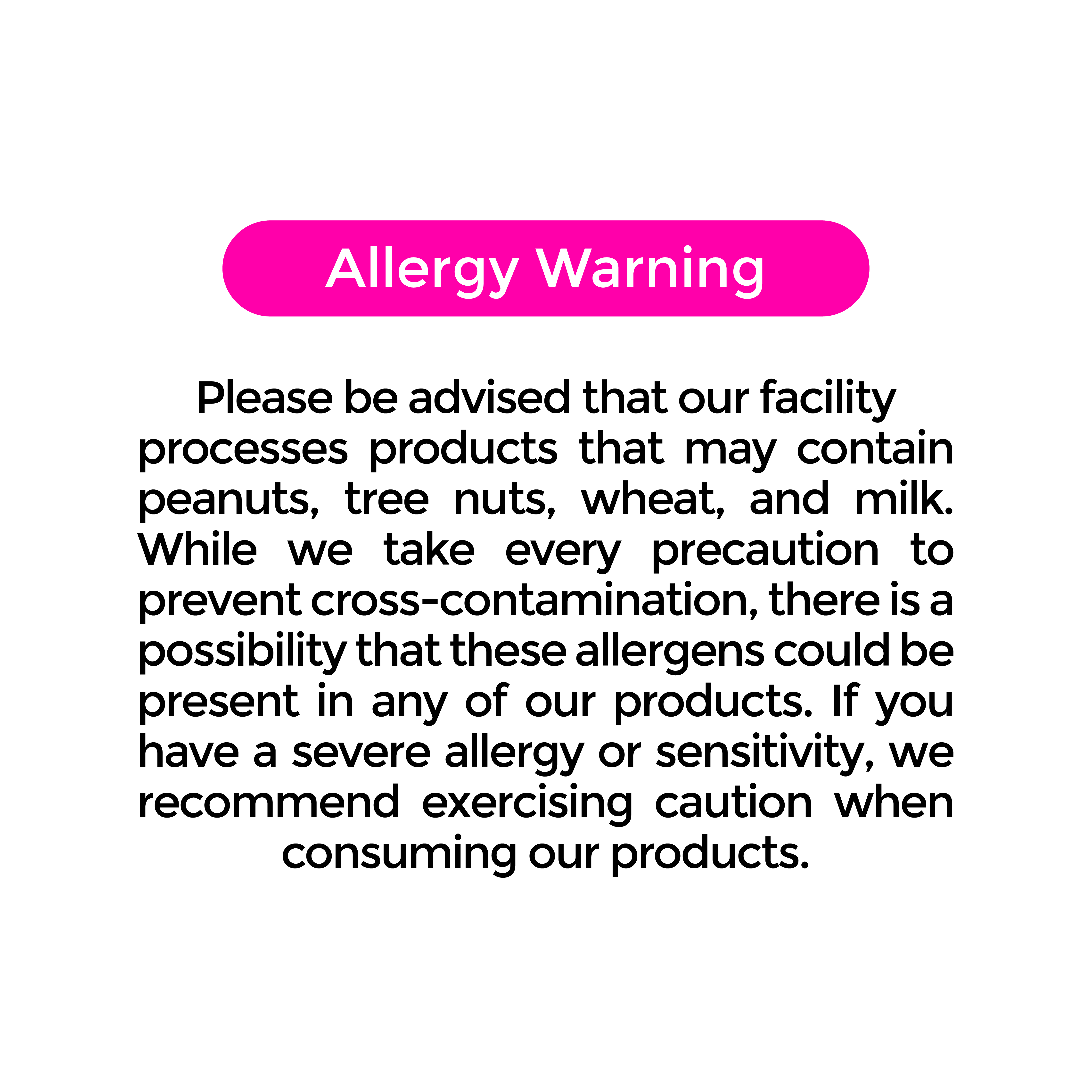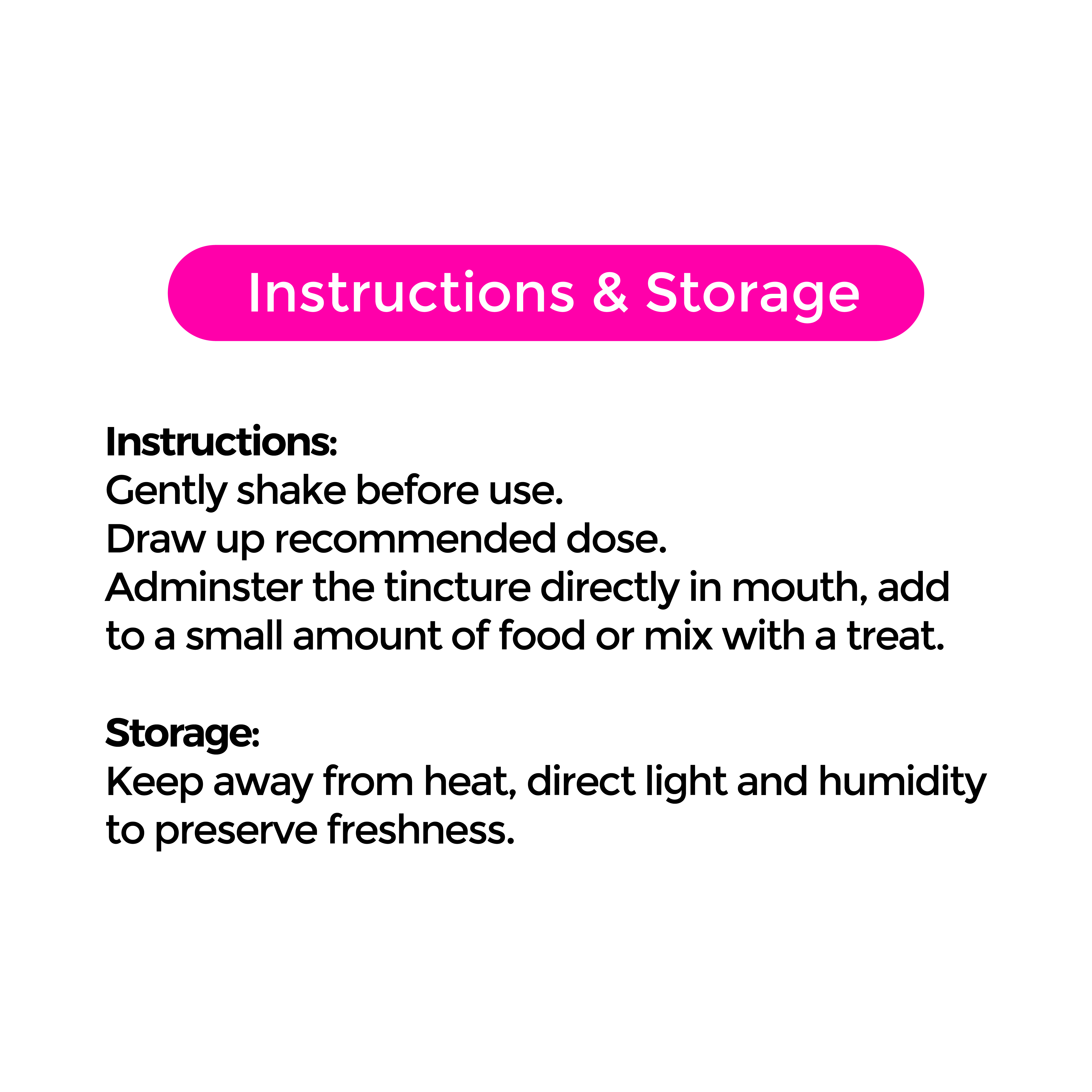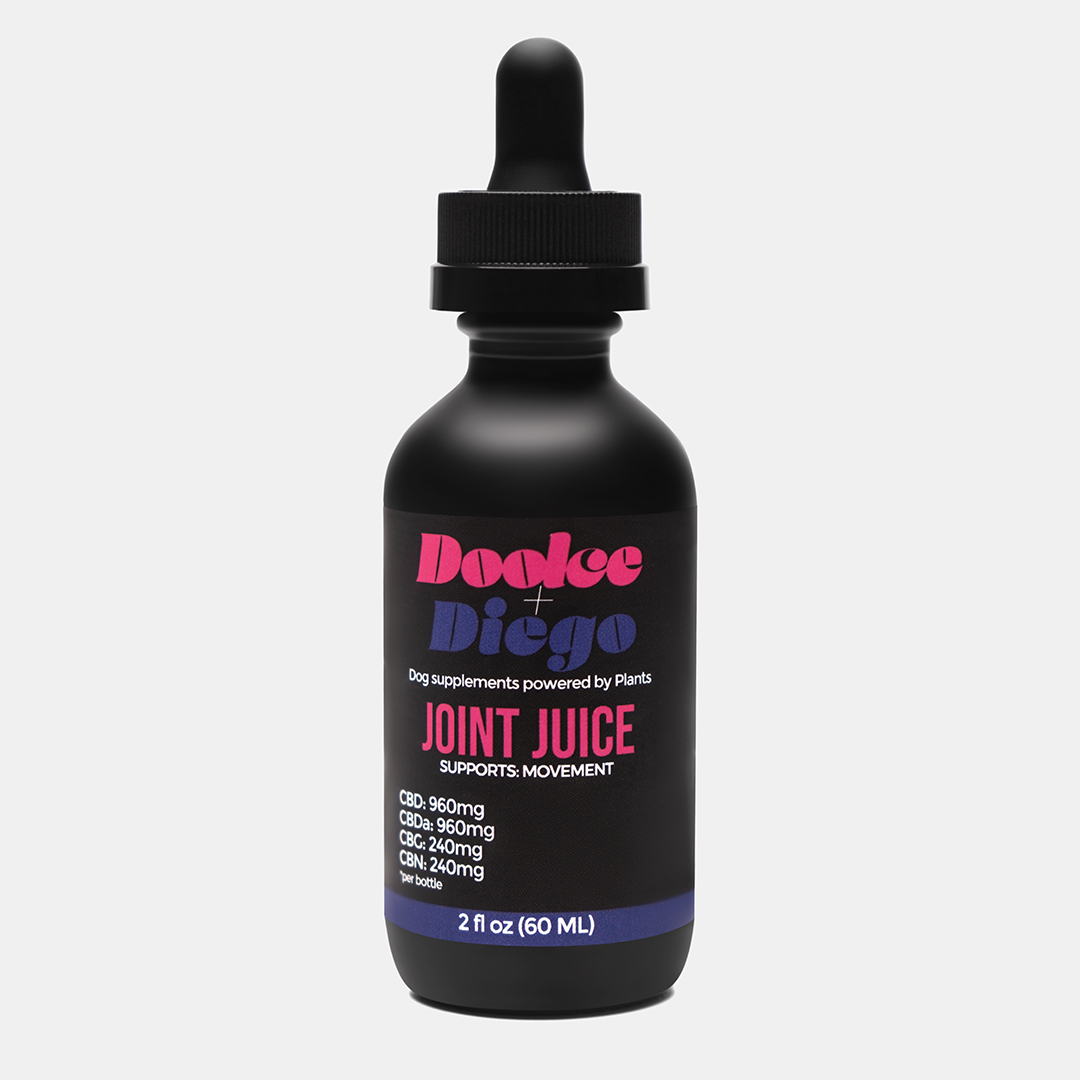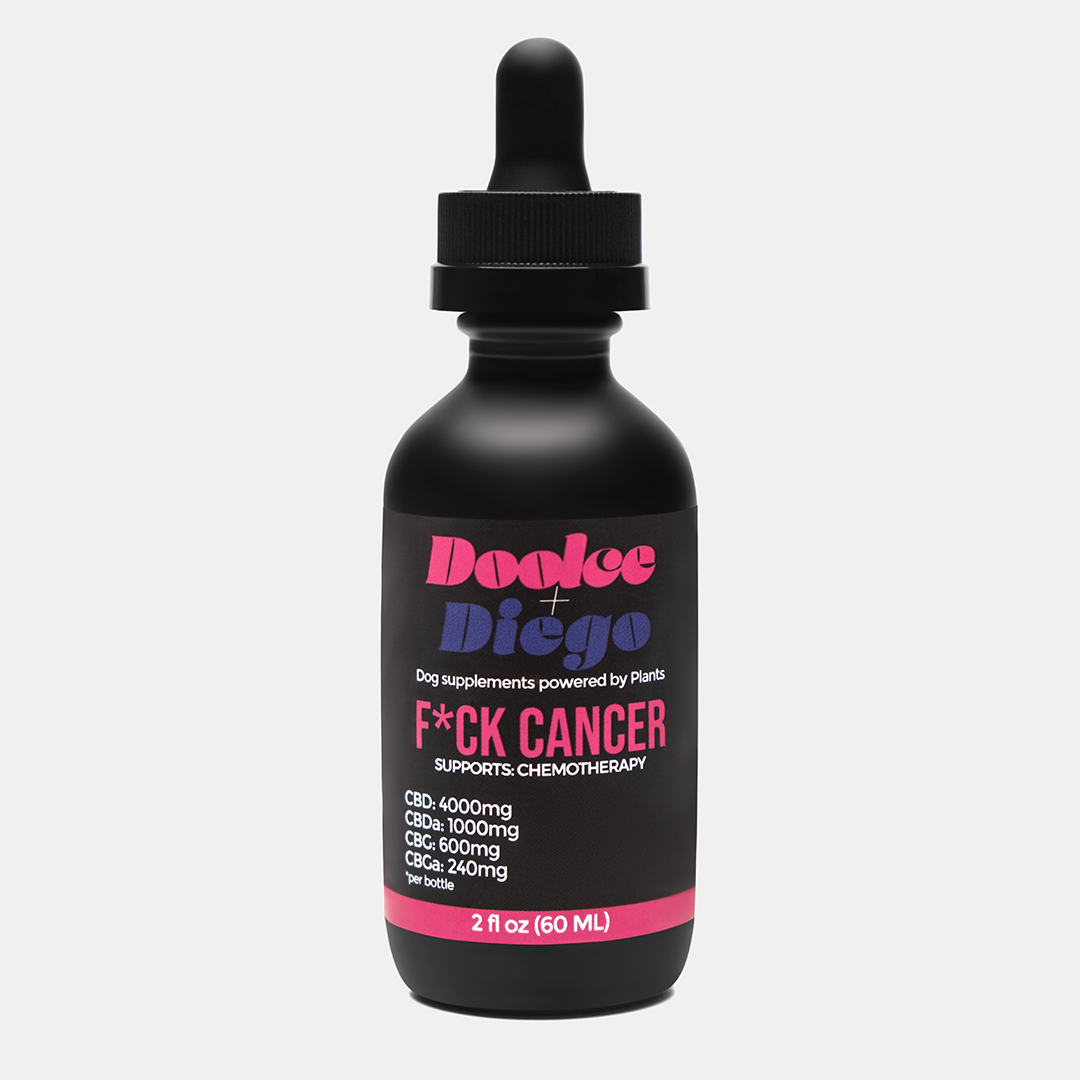
Heart Health for Dogs: How to Keep Your Dog's Heart Strong
When we talk about love and loyalty, no one embodies it better than our dogs. They greet us with wagging tails, comfort us when we need it, and love us unconditionally. But have you ever thought about their hearts? Just like humans, dogs need a strong, healthy heart to live their best lives.
Heart disease can be a silent threat, affecting dogs of all breeds and ages. The good news? With the right care, you can keep your pup’s heart beating strong for years to come. Here’s what you need to know about dog heart health and how to support it.
Why Heart Health Matters for Dogs
Your dog’s heart is the engine that keeps everything running—pumping oxygen, circulating nutrients, and ensuring their body functions properly. If the heart isn’t working as it should, it can lead to fatigue, difficulty breathing, and even life-threatening conditions.
Common heart issues in dogs include:
-
Congenital heart defects (present from birth)
-
Valvular disease (common in older dogs)
-
Dilated cardiomyopathy (DCM) (often seen in large breeds)
-
Heartworm disease (caused by mosquito-transmitted parasites)
Being proactive with your dog’s heart health can help prevent these issues before they become serious.
Signs of Heart Disease in Dogs
Dogs are great at hiding discomfort, so it’s important to know the warning signs of heart problems. If you notice any of these symptoms, a vet check-up is a must:
✔️ Persistent coughing
✔️ Difficulty breathing or rapid breathing
✔️ Fatigue or reluctance to exercise
✔️ Fainting or collapse
✔️ Swollen belly (due to fluid buildup)
✔️ Restlessness at night
Early detection is key, so regular vet visits should always be part of your dog’s wellness routine.
How to Keep Your Dog’s Heart Strong
1. Feed a Heart-Healthy Diet
A nutritious diet plays a major role in heart health. Look for:
-
High-quality proteins to support muscle function
-
Omega-3 fatty acids for inflammation control
-
Taurine and L-carnitine (amino acids essential for heart function)
-
Low sodium to prevent excessive fluid retention
Talk to your vet about the best diet for your dog’s breed, size, and age.
2. Keep Your Dog Active
Just like humans, dogs need regular exercise to maintain a healthy heart.
-
Daily walks: Keeps circulation strong and prevents obesity.
-
Interactive play: Games like fetch, tug, or agility training keep their heart rate up.
-
Swimming: A low-impact workout that’s great for senior dogs.
Make sure to match your dog’s activity level to their breed and age—some dogs are natural sprinters, while others thrive with long, steady exercise.
3. Maintain a Healthy Weight
Obesity puts extra strain on the heart, increasing the risk of heart disease. Keep an eye on your dog’s weight by:
-
Measuring meals instead of free-feeding
-
Limiting high-calorie treats (opt for fruits & veggies instead)
-
Sticking to an exercise routine
If you’re unsure of your dog’s ideal weight, your vet can help assess their body condition.
4. Stay on Top of Vet Checkups
Regular vet visits can catch heart issues early. Your vet may recommend:
-
Annual wellness exams to monitor heart sounds and rhythm
-
X-rays or ultrasounds if signs of heart disease appear
-
Blood tests to check for underlying health conditions
For senior dogs, more frequent checkups (every 6 months) are a good idea.
5. Protect Against Heartworms
Heartworm disease is a serious but preventable condition caused by mosquito bites. Once infected, worms grow inside the heart and lungs, leading to life-threatening complications.
Prevent heartworm with:
-
Monthly heartworm preventatives (oral or topical)
-
Annual heartworm testing
-
Keeping mosquitoes away with pet-safe repellents
A single bite from an infected mosquito is all it takes—so prevention is non-negotiable.
Your dog’s heart works hard every day, and a little extra care goes a long way in keeping it strong. With the right diet, exercise, vet care, and preventive measures, you can help your pup stay healthy and full of life for years to come.


